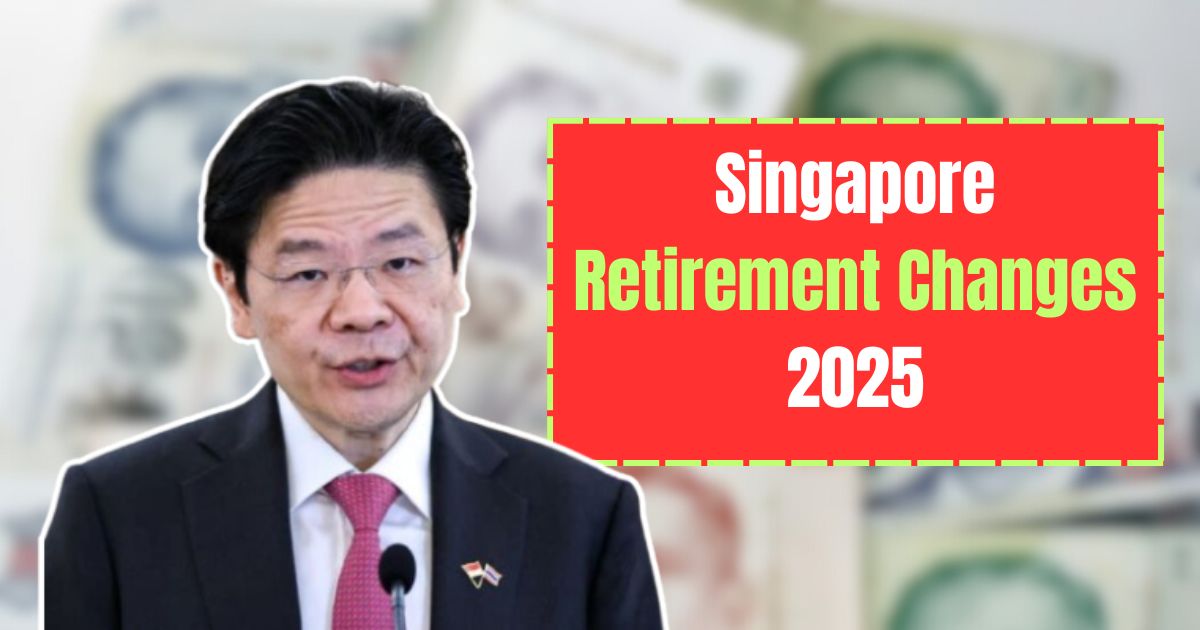Prime Minister Anutin Charnvirakul recently floated the idea of raising Thailand’s retirement age from 60 to 65, arguing it could ease financial pressure on older citizens and strengthen the pension system. On paper, it sounds practical — people are living longer and healthier lives. But in reality? The issue has opened a generational debate that’s hard to ignore.
The Push and Pull Behind the Proposal
Thailand is ageing faster than almost any country in Asia. Births have fallen below deaths, and more than 20% of citizens are already over 60. That means fewer workers are supporting more retirees — a recipe for long-term economic stress.
Supporters say extending the retirement age could:
- Ease pension pressure by delaying payouts for five years.
- Keep skilled workers active, sharing experience with younger staff.
- Stabilize tax revenue, which funds social-welfare programs.
But business owners and young employees see another side. Many companies already struggle with low demand and rising costs. Hiring older staff for longer could block opportunities for younger workers or add payroll burdens when automation is already replacing jobs.
Why Employers Are Nervous
Some business leaders warn the move could create more chaos than comfort. For physically demanding roles — like hotel housekeeping or manufacturing — older staff might not be able to keep up without job redesigns or lighter workloads.
Others say the change should be optional, not mandatory, especially for private companies. “One size can’t fit all,” many argue. While government offices may benefit from experienced seniors, smaller firms could buckle under added costs.
Finding the Middle Ground
Experts suggest a phased, flexible approach:
- Start with sectors ready for older workers.
- Offer part-time or project-based roles for people 60 and above.
- Provide tax incentives for employers who retain senior talent.
- Invest in re-skilling programs, helping older employees adapt to AI-driven workplaces.
Think of it as upgrading—not extending—the idea of work itself. Instead of forcing everyone to stay longer, Thailand could redesign work to match ability and interest.
The Bigger Picture
Raising the retirement age isn’t just about policy; it’s about people. For many in their 60s, the fear of outliving their savings is real. A few extra working years could bring both dignity and financial stability.
Still, the government must communicate the why clearly — not as a tax strategy, but as a plan to secure the nation’s future without sacrificing opportunity for the young.
If done right, this could be Thailand’s chance to turn ageing from a crisis into an advantage — keeping wisdom in the workforce while preparing the next generation for what comes next.
Frequently Asked Questions
1. Why is Thailand considering raising the retirement age to 65?
Because the population is ageing rapidly, with fewer births and a shrinking workforce. Extending the retirement age helps maintain pension stability and tax revenue.
2. Will the change affect private companies?
Not immediately. Experts recommend making the rule voluntary for private firms, allowing flexible retirement options depending on job type and worker capability.
3. What can older workers do to stay employable?
Learning new digital and AI-related skills, maintaining good health, and embracing flexible or advisory roles can help them stay valuable in a changing job market.



